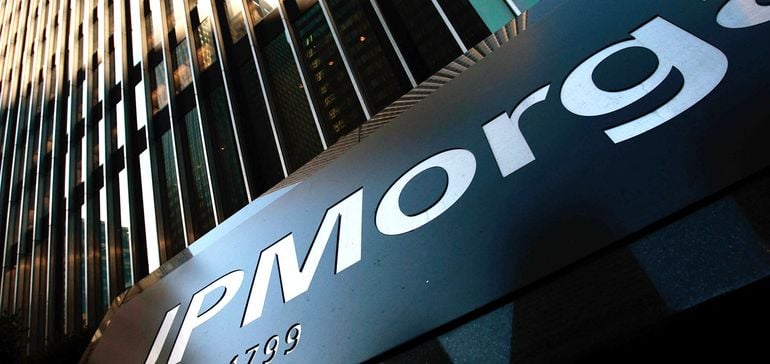|
Getting your Trinity Audio player ready...
|
Some JPMorgan Chase shareholders feel a recent progress report on its racial-equity promises lacks clarity and that the audit process to create the report had “several deficiencies.”
SOC Investment Group, which suggested the bank conduct a racial-equity audit in 2020, said it believed JPMorgan and auditor PriceWaterhouseCoopers “approached this process with the narrow perspective of a financial audit” and that the firms “appear to have a basic misunderstanding of what a racial equity audit is and should be.”
JPMorgan’s report, released in November, outlines plans for $18.2 billion of the $30 billion it earmarked to address the racial wealth gap. The ongoing investment “is focused on the right economic drivers and it continues to learn and adapt as the work progresses,” the firm wrote at the time.
In an analysis published Tuesday, SOC Investment takes aim at JPMorgan for authoring the audit rather than having PwC do it. In sample racial equity audits provided to the bank, auditors had authored reports from Facebook, Airbnb and Starbucks.
Also noted within the analysis: The report doesn’t look at any internal diversity, equity and inclusion issues; and much of what constitutes the bank’s racial equity investment is tied to existing loans and programs at JPMorgan. Citing a New York Times report, $28 billion of the commitment “was made up of activities that were part of the bank’s normal business and were now being counted as specifically good for closing the racial wealth gap. $750 million of it went to straightforward business expenses.”
In a prepared statement following the analysis, JPMorgan told American Banker, “This report did exactly what it was designed to do: It examined our racial equity commitment to date and found that we’re making substantial progress with more work to do.”
JPMorgan and PwC did not return a request for further comment from Banking Dive.
SOC Investment’s analysis of JPMorgan’s racial-equity audit was released on the heels of a similar analysis of an audit at Citi.
Citi’s audit received higher marks from the shareholders, with Tejal Patel, SOC Investment’s corporate governance director, telling American Banker the report “was pretty well done because it does provide an objective assessment with the racial equity lens we were hoping for, and it gives very practical recommendations for Citi to proceed, which will assist them in achieving their goals.”
Citi in October 2021 became the first major U.S. bank to agree to a third-party audit on its investment in nonwhite communities, following a push from SOC Investment. The law firm Covington & Burling conducted the audit.
Wells Fargo commissioned a third-party racial-equity audit in September.



